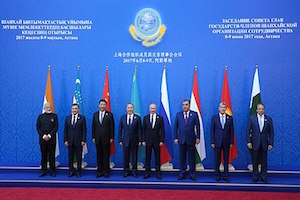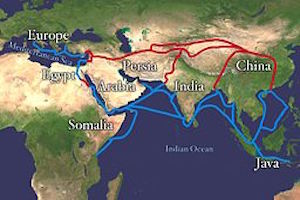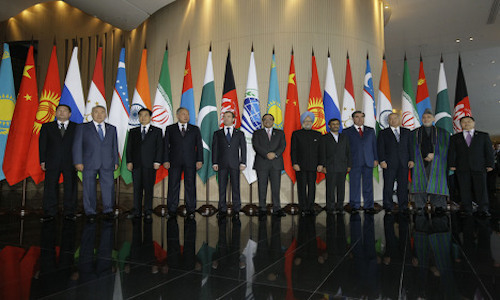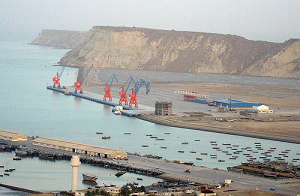What Drives Russo-Pakistan Relations and Where Are They Going?
By Stephen Blank
August 29, 2017, the CACI Analyst
Inexplicably, Russia’s rapprochement with Pakistan over the last several years has received little or no attention in the West. It raises several vital questions about Russian policy in Central and South Asia as well as Russia’s approach to terrorism and to India and China. Since Moscow now advertises itself as a partner to the West in a new phase of the war on terrorism, its relationship to Pakistan and thus to the anti-terrorist war in Afghanistan possesses is highly relevant. Yet this relationship remains an unduly neglected issue in the analysis of Russian foreign policy.

Has the SCO Solved its Expansion Dilemmas?
By Richard Weitz
August 3, 2017, the CACI Analyst
The June Shanghai Cooperation Organization (SCO) summit in Astana marked the SCO’s first membership expansion since its creation in 2001. By finally ending this logjam, the SCO has raised expectations of continued enlargement and increased geopolitical weight. However, major obstacles to further growth persist; meanwhile, more members deepen the mutual tensions and rivalries within the institution.

The Belt and Road Initiative and China's Xinjiang Dilemma: “Connectivity” Versus Control?
By Michael Clarke
July 20, 2017, the CACI Analyst
President Xi Jinping’s ambitious “Belt and Road Initiative” (BRI) seeks to make China the hub of trans-Eurasian economic connectivity by linking the Chinese economy with the major continental and maritime zones of the Eurasian continent through both physical and financial infrastructure. President Xi has proclaimed that BRI will “benefit people across the whole world” as it will be based on the “Silk Road spirit” of “peace and cooperation, openness and inclusiveness”. This rhetoric may be enhancing Beijing’s diplomatic position but it is one that rings hollow in China’s own Eurasian frontiers such as Xinjiang where BRI is coinciding with the imposition of new forms of political and social control.

India’s and Pakistan’s Memberships Diminishes SCO’s Ability to Compete with NATO
By Naveed Ahmad
July 18, 2017, the CACI Analyst
The Shanghai Cooperation Organization (SCO) summit admitted India and Pakistan as full members on June 9; and now represents 40 percent of the human population and 20 percent of the global GDP. Russia and China have traditionally used the forum to promote a collective approach to countering NATO policies and advances. Though originally instituted to address separatism, terrorism and drug trafficking, the admission of India and Pakistan may drastically change the character of the grouping. China and Pakistan differ with India on key issues that the SCO aims to achieve. The trio has bitter geographical disputes while differing over the definition of terrorism. Against this backdrop, what kind of challenge can the SCO pose to NATO?

The China-Pakistan Economic Corridor Between Hope and Fear
By Mushtaq A. Kaw
April 26, 2017, the CACI Analyst
In December 2016, China’s Ambassador to Pakistan, Zhao Lijian, stated that “CPEC is working well” with the support of the Pakistani people, notwithstanding certain opposition. The statement is characteristic of China’s and Pakistan’s praise for the China-Pakistan Economic Corridor (CPEC) as a game changer for their respective economies and regional connectivity. Yet in reality, the project faces a variety of intricate economic challenges as well as security threats. Its success will therefore depend upon an inclusive, balanced and sustained China-Pakistan approach towards the forces hostile to the project. Even then, the project will have various geopolitical, geo-economic and geo-strategic implications for the region and the world.




